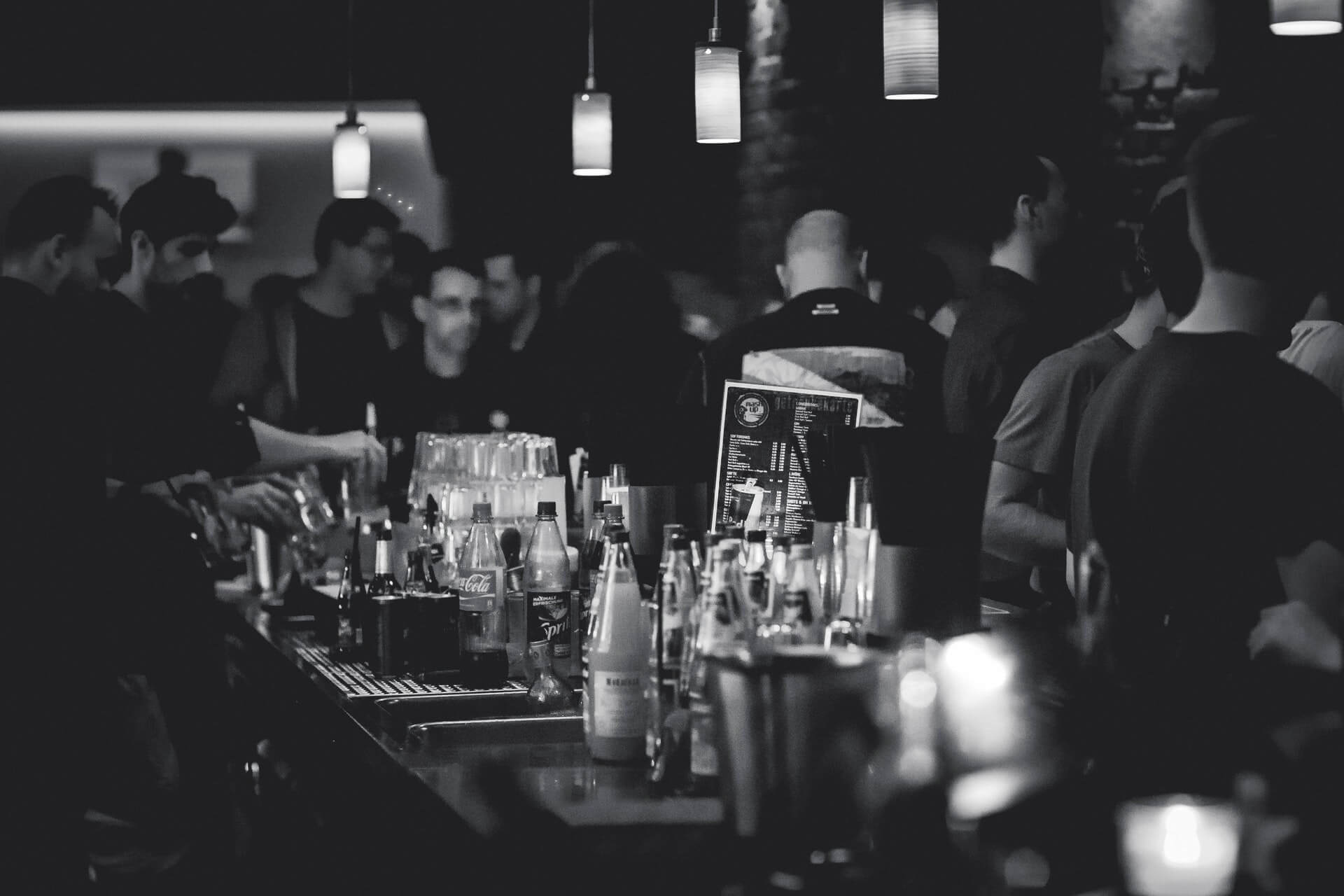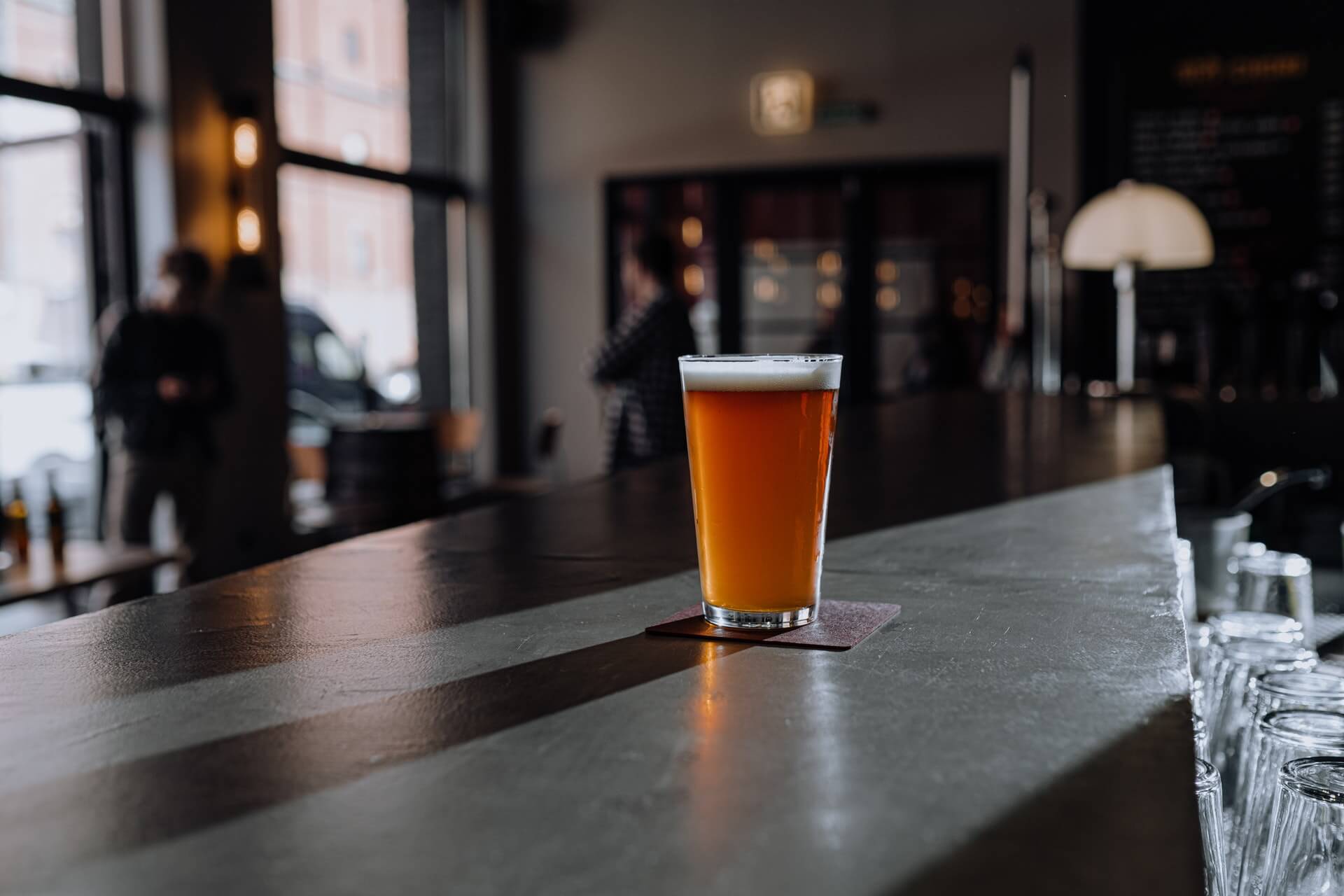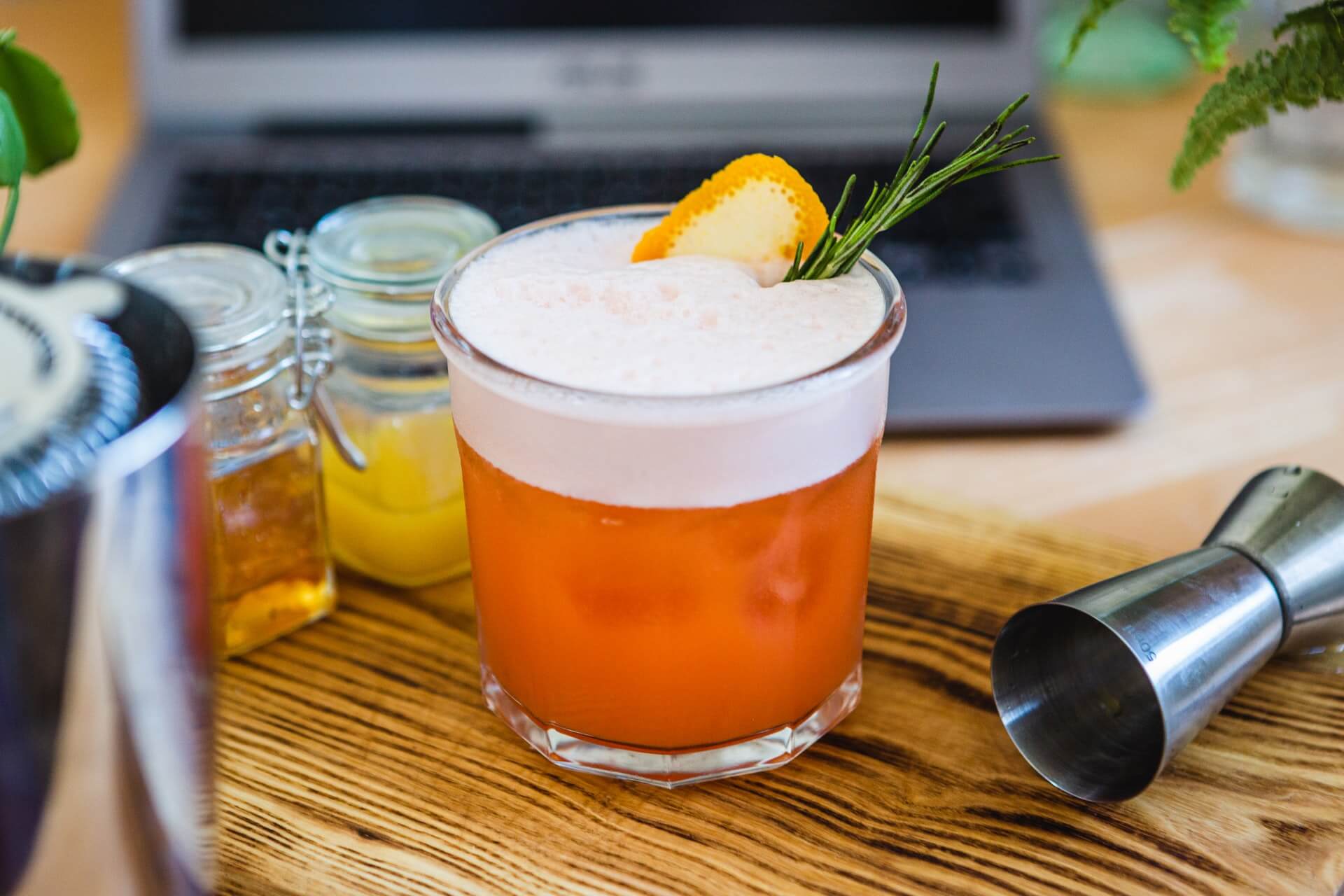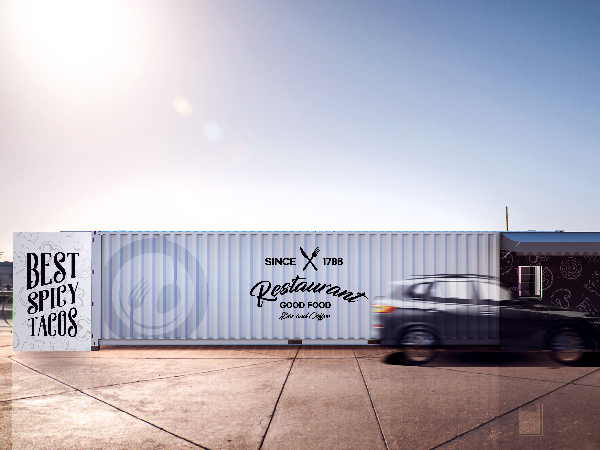The 5 Ds of Bystander Intervention
by David Klemt

One non-negotiable for operating a restaurant, bar, nightclub or other hospitality venue is ensuring the safety of guests.
Harassing, threatening and violent behavior cannot be tolerated, period. Some venues employ trained and certified security tasked with keeping patrons safe.
However, not every business in this industry, restaurants for example, employ or retain security personnel. There are online and in-person security courses that owners, managers and staff can complete, and I encourage operators to look into doing so. Some courses can not only empower participants, they can result in the lowering of insurance premiums they’re considered so effective.
Additionally, it’s wise to study conflict resolution and de-escalation. Both are valuable skills in hospitality and other areas of our lives.
In the meantime, a global movement called Hollaback! has come up with the Five Ds of Bystander Intervention. These began as the Three Ds by Green Dot in the early 2000s. In 2015, they became the Four Ds. In 2017, a fifth “D” was introduced.
You’ll find the Five Ds below. Not every step works perfectly on the operations side but they’re still helpful. Doing nothing is simply not an option.
Distract
Per Hollaback!, distraction is a subtle and creative way to intervene, and the goal is “to derail the incident by interrupting it.” The witness employing distraction engages the victim of harassment directly, ignoring the harasser. Hollaback! provides the following examples of distraction:
- Pretend to be lost. Ask for the time. Pretend you know the person being harassed. Talk to them about something random and take attention off of the harasser.
- Get in the way. Continue what you were doing, but get between the harasser and the target.
- Accidentally-on-purpose spill your coffee, the change in your wallet, or make a commotion.
It’s important to note that staff will need to read the situation if they witness harassment. Also, some of the above examples don’t really work in a hospitality setting, but you understand the idea.
Delegate
Delegation is simply asking for assistance or help. In many cases, if a staff member is witnessing harassment they’ll have a manager on duty on which they can rely for assistance.
Conversely, a manager can delegate to a staff member to employ the distract technique. In this situation, the staff member engages the victim of harassment and asks if they want them to call law enforcement. The manager can also direct a staff member to call law enforcement.
However, as Hollaback! notes, “a history of being mistreated by law enforcement has led to fear and mistrust of police interventions,” so the victim may not want to involve police. However, the venue must also protect themselves, so it may be necessary to involve law enforcement for documentation and other purposes.
Document
Along with protecting the victim and putting a stop to harassment, documentation is a crucial step.
All hospitality venues should be set up to complete incident reports. This protects victims (and therefore other guests and the community) and the business.
Hollaback! instructs a bystander to assess the situation first. If another bystander is already intervening, the witness must assess their own safety. Record the incident only if safe to do so.
Anyone who records the incident should ask the victim what to do with the recording. Don’t post it online—this is a traumatic experience and doing so is a violation in and of itself.
Delay
As Hollaback! explains, many incidents of harassment take place very quickly. It’s possible the incident will be over before a bystander can distract, delegate or document the harassment.
In a restaurant, bar or other hospitality setting, the harasser may exit the venue immediately, before staff can step in. That doesn’t mean everything is back to “normal.”
Hollaback! suggests engaging the victim in the following ways:
- Ask them if they’re okay and tell them you’re sorry that happened to them.
- Ask them if there’s any way you can support them.
- Offer to accompany them to their destination or sit with them for awhile.
- Share resources with them and offer to help them make a report if they want to.
- If you’ve documented the incident, ask them if they want you to send it to them.
Direct
More than likely—and unfortunately—this is the step most familiar to bartenders, servers and other front-of-house staff.
Direct means to confront the harasser directly. Of course, this is the riskiest step.
Hollaback! suggests assessing the situation to ensure the bystander is safe physically; the victim is safe physically; the victim wants someone to intervene; and the situation may be unlikely to escalate if they confront the harasser.
Again, operators will have to come up with a plan for addressing harassment, threats and violence. Staff must be aware of policies and what’s expected of them, and they should feel comfortable sharing their thoughts on policies.
Incidents can happen at any type of venue in any location at any time. Doing nothing, however, is unacceptable.
Disclaimer
This content is for informational purposes only, and should not be used as legal or other advice. This article does not constitute professional advice, nor does any information constitute a comprehensive or complete statement of the matters discussed, the law, or liability. This information is of a general nature and does not address the circumstances of a specific individual or entity. The reader of this information alone assumes the sole responsibility of evaluating the merits and risks associated with the use of any information before making any decisions based on such information.
Image: Pixabay










